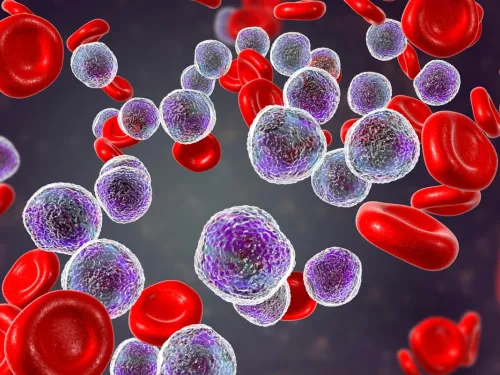Common symptoms of cancer
Lots of the most common symptoms of cancer in teenagers and young adults are also symptoms of other everyday illnesses, so it's easy to miss them.
- Aches and pains that don't go away, which might feel worse at night or after exercise
- Unexplained lumps, bruises and swellings (which may or may not be painful)
- Reduced movement, numbing, tingling or weakness
- A new, strange-looking mole, a dark area of skin that was not there before, or a change in a mole or freckle you already have
- Finding it difficult to pee, or to control when you need to pee (wetting yourself), or peeing more often than usual
- Blood in your pee or poo
- Headaches
- Tiredness
- Unexplained weight loss or loss of appetite
- Sickness and vomiting
- Confusion, or changes in behaviour, thinking or personality
- Slow growth or development
Having any of these symptoms doesn't automatically mean you might have cancer. But if you've been feeling unwell for a while, or your symptoms don't get better as quickly as you think they should, it's always worth getting checked out.
The most common cancers in teenagers and young adults in the UK
| Females | Males |
| Carcinomas (breast, cervix, skin, thyroid, bowel) | Testicular cancer |
| Lymphomas | Lymphomas |
| Malignant melanoma | Brain and spinal tumours |
| Brain and spinal tumours | Leukaemia |
| Leukaemia | Carcinomas (bowel, skin, thyroid) |



